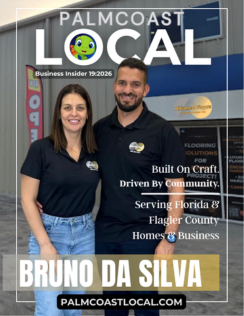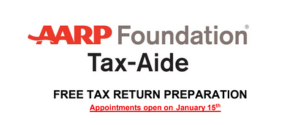Palm Coast Local
Locals Helping Locals

Business Blog

- Details
- Written by: Palm Coast Local
- Parent Category: Business Blog
- Category: Business Insider
From New Jersey to Palm Coast: The Family Story Behind Alliance Floors USA in Flagler County, Florida.

- Details
- Written by: Palm Coast Local
- Parent Category: Business Blog
- Category: Flagler Business
Flagler Schools Move Forward with Strong Graduation Gains Across Palm Coast and Flagler County

- Details
- Written by: Palm Coast Local
- Parent Category: Business Blog
- Category: 2026 Candidates
Christy Chong Announces Re-Election Bid for Flagler County School Board, District 4 (2026)

- Details
- Written by: Palm Coast Local
- Parent Category: Business Blog
- Category: Local Community Palm Coast
Flagler County residents can once again take advantage of FREE tax return preparation services through Flagler Tax-Aide during the 2026 tax season. Appointments open January 15, and tax preparation services officially begin February 1.

- Details
- Written by: Palm Coast Local
- Parent Category: Business Blog
- Category: Local Community Palm Coast
Peter Johnson has been appointed President of the Palm Coast Historical Society. Serving with him on the executive board are Reasa Pabst as Vice President, Richard Cooper as Treasurer, and Mia Parada as Secretary. Tricia Aanderud and Alex Maller continue to serve as Board Directors.
- Flagler Schools Announce: Teachers, Employees and Rookies of the Year Celebration
- Ron Long Announces Candidacy for Flagler County School Board, District 4 in 2026
- Flagler County Tourist Development Tax: What Residents, Visitors, and Property Owners Need to Know
- E-Bike Ordinance: What Palm Coast Residents Need to Know.